It sounds dramatic, but Professor Robin Murray, Professor of Psychiatric Research at the Institute of Psychiatry, Psychology, and Neuroscience, Kings College, London gave a talk titled, “Cannabis-induced psychosis: A coming epidemic?”.
What’s the problem with cannabis?
Professor Murray went on to point out that prolonged use of cannabis can cause psychosis. Especially due to the high tetrahydrocannabinol (THC) content.
In 1995 ‘Skunk’ was 6% THC, now it’s over 14% - and the dominant type of cannabis (about 96% of the market).
THC causes euphoria and enjoyment that’s why users continue to smoke it.
But on the other hand, it impairs attention, memory and learning, and in big doses leads to paranoia and hallucinations. More so than amphetamine.
So, increasingly, if you’ve ever had the experience of trying to talk to somebody who’s stoned and they think that they’re having new insights into the meaning of the universe, they can’t remember the question you ask them by the time they get to reply. And invariably they then talk rubbish.
But what about ‘the good’ cannabis does?
Hmm. There have been suggestions that cannabis helps with stress, anxiety, PTSD, insomnia and COVID.
So far this is all talk. There have been no proper clinical control trials to prove this.
Cannabis and psychosis
All we know is that if you smoke cannabis every day your chances of psychosis increase fourfold.
Let’s be clear about what psychosis is. It’s the symptoms of hallucinations, delusions, bizarre behaviour, and the most severe form of psychosis - schizophrenia.
And remember, in Portugal and Canada where cannabis has been legalised, there has been a fourfold increase in psychosis attributed to cannabis.
Why smoke cannabis?
It’s the same as smoking. You think you’re stressed, or bored, and that a joint is the answer. It isn’t. That’s where Cognitive Behavioural Hypnotherapy can help.
Quit with hypnosis and Cognitive Behavioural Therapy
‘Cognitive Behavioural Therapy’, ‘hypnosis’ and ‘Cognitive Behavioural Hypnotherapy’. Impressive words, but what do they mean for cannabis smokers?
What is hypnosis?
Hypnosis comes from the Greek word for sleep. And it’s not helpful. During hypnosis, you’re not asleep. You’re just in a deeply relaxed state. A better way of describing what’s happening to you is to say that you’re focussing your attention over and above what you normally would. That way it makes it easier for you to act on my words and change your behaviour for the better.
What is Cognitive Behavioural Hypnotherapy?
Cognitive Behavioural Therapy is a talking therapy. And basically, it’s looking at how you’re thinking, feeling and acting. Then focusing on where you’re ‘out of sorts’, why you feel the need to smoke cannabis and getting you back on track to being a better version of yourself. Naturally calmer.
And the best way to land this message deep inside you is using hypnosis, hence the name Cognitive Behavioural Hypnotherapy.
Who am I?
I’m James Thomas a Cognitive Behavioural Hypnotherapist. I’ve used hypnosis thousands of times to deal with clients’ stresses, anxieties, drug addiction, alcohol abuse, PTSD, overeating, low self-esteem, eczema, and anger, to name but a few.
I cover all of Lincolnshire with my rooms in Louth and Lincoln. Get in touch with me at jamesthomas@thegentlemind.co.uk or call 07787563099.





